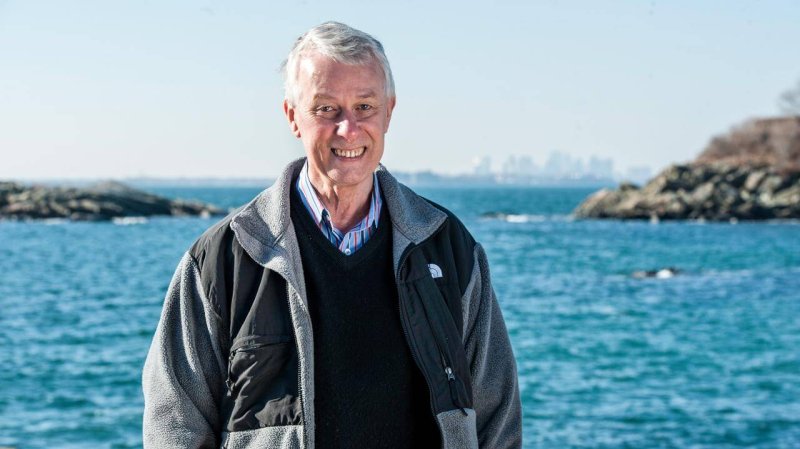You’re a prominent voice on another issue: in the movement to allow access to genetically modified organisms, or GMOs, in developing countries. In 2016, you launched an initiative urging the NGO Greenpeace to stop its campaign against GMOs. Why take up this fight?
[Sir Richard Roberts:] I spent a day in Ghent [Belgium] at a meeting listening, for the most part, to plant scientists talk about, not just the work they were doing, but also the difficulties that they’d had in Europe because of Greenpeace and the anti-GMO people who really made it very difficult for them to do their work. … So, I thought maybe the Nobel Laureates could do something there.The day after this meeting, I was invited to go and talk to the European Commission in Brussels. I was scheduled to talk to them about the future of healthcare.
I decided that I would take the opportunity to talk to them about GMOs and the future of food. I would make the case that food was medicine. If you are hungry, food is medicine.
I gave a talk about GMOs that was based on that premise, and I got a very good reaction to it. An Italian senator came up to me after and said that she’d changed her mind completely on the GMO issue.
Read full, original post: Sir Richard Roberts: Molecular Biologist, Nobel Laureate, Knight































